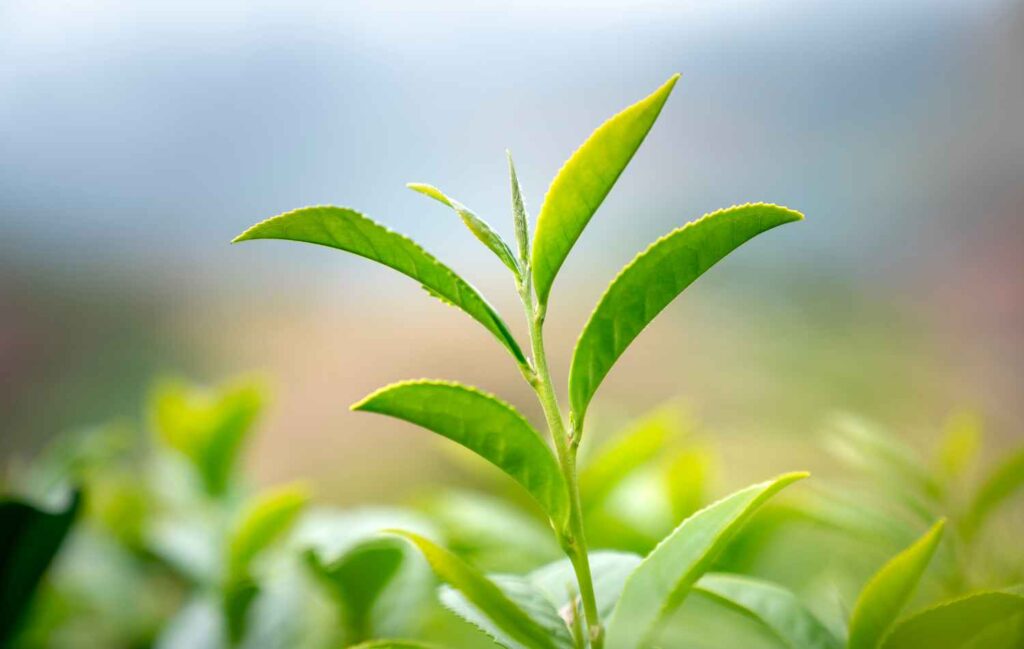
Sustainable agriculture refers to agricultural methods that ensure long-term food production while preserving natural resources and the environment. Climate-Smart Agriculture takes an additional step and focuses on adapting agricultural methods to climate change while reducing emissions and improving resilience of agricultural systems.
Both concepts have become critical in recent decades due to growing understanding of traditional agriculture's environmental impact and the need to adapt agriculture to climate change. Plant Phenotyping plays a central role in achieving these goals by providing tools to develop more efficient varieties and adapted cultivation methods.
How Does Plant Phenotyping Assist in Resource Use Efficiency?
One of the central advantages of Plant Phenotyping in the context of sustainability is the ability to identify and develop varieties more efficient in resource use. Advanced systems efficiently measure water, nitrogen, and phosphorus use efficiency of different genotypes. Identifying varieties that succeed in producing high yields with fewer inputs leads to more resource-efficient agriculture.
Plant-Ditech has developed technologies enabling precise measurement of these parameters. For example, measuring water use efficiency by tracking transpiration and photosynthesis rates enables identification of varieties producing more biomass per unit of water consumed.
What is the Role in Reducing Chemical Use?
Plant Phenotyping contributes to reducing pesticide and fertilizer use by developing varieties more resistant to diseases and more efficient in nutrient uptake. Advanced systems can identify natural defense mechanisms in plants and select genotypes exhibiting higher resistance to pathogens.
Disease-resistant varieties reduce the need for chemical spraying, while nutrient-efficient varieties enable reduction in fertilization amounts. This leads to cleaner and less polluting agriculture.
How Does This Contribute to Reducing Greenhouse Gas Emissions?
Agriculture is responsible for approximately 24% of global greenhouse gas emissions. Plant Phenotyping contributes to reducing these emissions in several ways. First, developing nitrogen-efficient varieties reduces the need for nitrogen fertilizers, whose production and application emit significant amounts of nitrous oxide (N2O).
Second, drought-resistant varieties reduce the need for intensive irrigation, saving energy and reducing emissions. Additionally, varieties with more developed root systems can store more carbon in soil, contributing to reducing atmospheric CO2 concentration.
What is the Contribution to Biodiversity Conservation?
Using Plant Phenotyping technologies enables researchers to identify and utilize broader genetic diversity in developing new varieties. Instead of relying on a small number of successful commercial varieties, researchers can search for desired traits in broader genetic diversity, including wild varieties and traditional local varieties.
This contributes to preserving genetic diversity in agricultural crops and reduces the risk of dependence on a small number of varieties. Additionally, developing varieties better adapted to local conditions reduces the need to modify natural habitats for agriculture.
Plant-Ditech enhances the capabilities of scientists, growers, and agricultural researchers to ensure agricultural growth by providing phenotyping systems and software. This enables rapid and automatic processing and analysis of enormous amounts of phenotypic data, providing deep insights into plant-environment interactions while shortening research and development time and time to market.
How Does Plant Phenotyping Enable Precision Agriculture?
Precision Agriculture is an approach based on using advanced technologies to optimize agricultural inputs. Plant Phenotyping contributes to precision agriculture by providing detailed information about specific needs of different genotypes and their response to changing environmental conditions.
This information enables farmers to provide each part of the field with the precise inputs required – the amount of water, fertilizer, and pesticides each area needs. This leads to significant input savings and reduction of environmental losses.
What is the Role in Climate Change Adaptation?
Plant Phenotyping plays a central role in preparing agriculture for climate change by developing varieties adapted to future conditions. Advanced systems can simulate expected future climatic conditions and test how different genotypes cope with them.
This includes testing resistance to higher temperatures, changing rainfall patterns, higher CO2 levels, and other stress conditions expected to recur in the future. Varieties developed today will be able to cope better with conditions that will exist in the coming decades.
How Does This Affect Global Food Security?
Plant Phenotyping's contribution to sustainable and climate-smart agriculture directly affects global food security. More resource-efficient and climate change-resistant varieties enable farmers to maintain high productivity even under worsening environmental conditions.
This is particularly important for vulnerable regions where climate change is expected to severely affect agriculture. Developing varieties adapted to each region's local conditions can help maintain food security even in these areas.
What is the Connection to Circular Economy?
Plant Phenotyping also contributes to developing circular economy in agriculture. More resource-efficient varieties reduce agricultural waste and increase efficiency of material cycles. For example, varieties with more efficient root systems can better utilize previous crop residues and reduce the need for external inputs.
Additionally, varieties with improved quality characteristics can serve a wider range of applications, reducing waste and increasing added value from each production unit.
What is the Future of Climate-Smart Agriculture?
Plant-Ditech sets new standards in plant research. We invite you to join our community and discover a world of knowledge, technology, and inspiration. The future of sustainable and climate-smart agriculture depends largely on adopting advanced Plant Phenotyping technologies and developing varieties adapted to future conditions.
